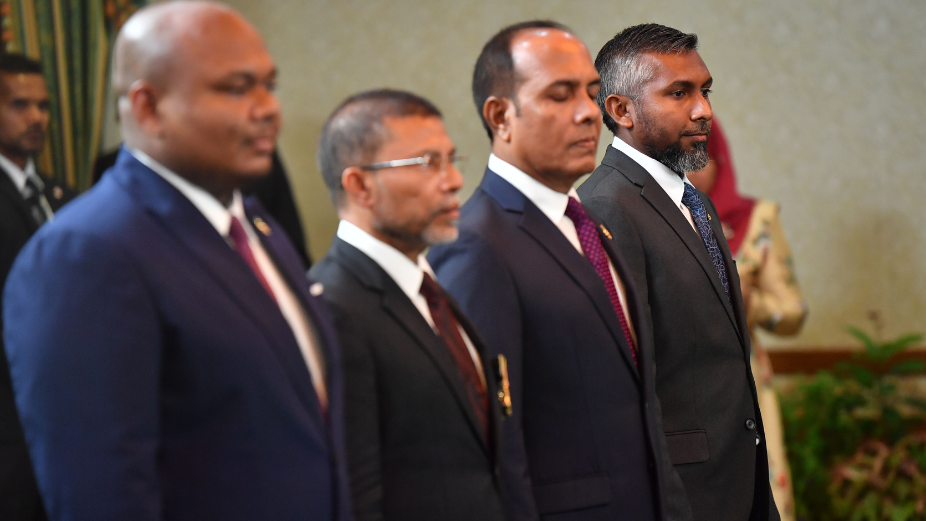
The Maldivian government has announced pay cuts for political appointees and other officials as part of an effort to address fiscal challenges. Finance Minister Moosa Zameer revealed that salaries for political appointees account for nearly four percent of the total payroll, approximately MVR 479.2 million. The supplementary budget of MVR 5.1 billion, submitted to Parliament, will push the 2024 state budget to MVR 55 billion.
The pay cuts, set to take effect in 2025, include a 10 percent reduction for political appointees, state-owned enterprise employees, and other senior officials. President Dr Mohamed Muizzu stressed that this decision is crucial for restoring fiscal sustainability.
Global and Regional Comparison
Comparing the Maldives to other democracies, political appointee salaries typically make up a much smaller fraction of the overall payroll. In the United States, political appointees represent just 0.23 percent of the federal workforce, and in the United Kingdom, they account for only 0.05 percent. Similarly, in France, political appointees represent around 0.1 percent of the total workforce. In contrast, the Maldives’ four percent figure highlights a significant disparity compared to larger economies, where civil service jobs are dominated by career professionals.
In South Asia, the situation varies. In Sri Lanka, political appointees form a smaller portion of government employees, and a similar pattern is seen in Pakistan and India, where political appointments are more controlled, and the overall size of public sector employment is larger. In India, the civil service is vast, but political appointments remain relatively contained compared to the size of the bureaucracy.
The higher percentage of political appointees in the Maldives reflects its smaller government workforce, but this also puts pressure on public finances, especially during times of fiscal difficulty. The reduction in political appointees, combined with the newly introduced pay cuts, is expected to help address these financial challenges, though calls for transparency about the actual number of political appointees continue to stir debate.









